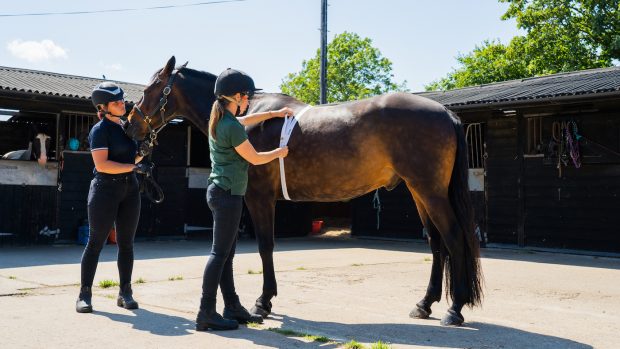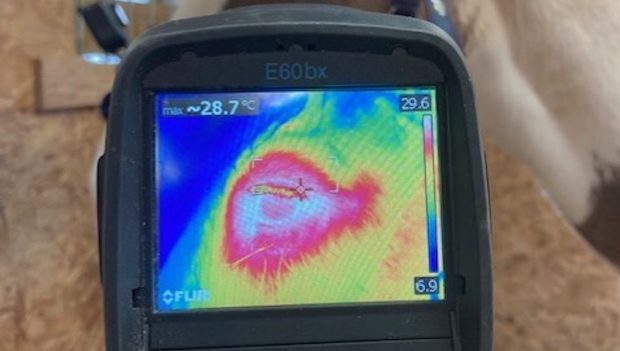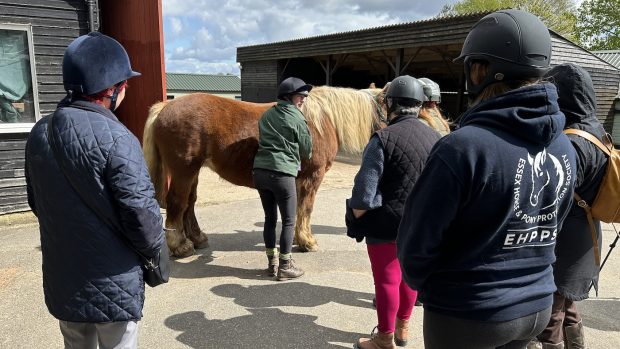The social behaviour of horses living in herds can influence their body condition, a study has indicated.
It is hoped the research, conducted by the University of Bristol and the Royal Veterinary College, in collaboration with Spillers through the Waltham equine studies group, could help address problems associated with equine obesity.
Previous studies have found that social status of animals in social groups may influence their foraging success but there has been no research into the significance of other social factors on either foraging efficiency or body condition score (BCS).
This research, published in PeerJ, investigated 20 separate domestic equine herds.
The team measured each equid’s social dominance and, during 120 hours of observation, recorded the duration and frequency of interruptions to grazing, as well as the cause of the interruptions; classing them as vigilance, movement, social displacements given or received, scratching and startling.
They found the frequency of vigilance was the interruption behaviour most strongly associated with body condition; higher vigilance was linked to a lower BCS.
“Most owners and keepers know that individual horses and ponies experience different positives and negatives when living in groups,” said Spillers’ marketing, research and development director Clare Barfoot.
Continues below…

Vets’ top tips for vital winter weight loss
Top vets have shared advice on how to get horses and ponies in suitable condition before the spring

‘Think before you rug’: winter welfare plea to horse owners

Subscribe to Horse & Hound this spring for great savings
“This is why we tend to choose field companions carefully so that a balanced and harmonious relationship can be maintained within the herd.”
“These results are novel and exciting in that they present the first behavioural evidence to confirm previous theoretical work. Neither the more vigilant nor the more frequently disturbed individuals compensated for their reduction in feed (energy) intake by spending more time foraging, which probably explains the link with lower body condition.
“We hope what we have learnt about the behaviour of individual horses when kept in groups could be included as a relevant factor when addressing health problems associated with equine obesity.”
Horse & Hound magazine, out every Thursday, is packed with all the latest news and reports, as well as interviews, specials, nostalgia, vet and training advice. Find how you can enjoy the magazine delivered to your door every week, plus options to upgrade to access our H&H Plus online service which brings you breaking news as it happens as well as other benefits.





